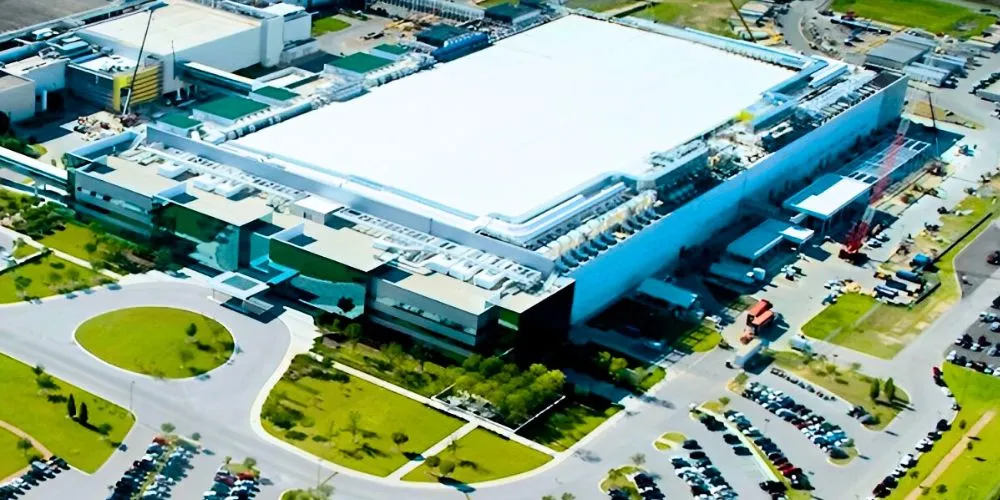Key Points:
- The Biden administration plans to award over $6 billion to Samsung for chip expansion in Taylor, Texas.
- The investment aims to support the construction of four facilities. Samsung will more than double its U.S. investment to over $44 billion.
- The subsidy is part of efforts to bolster domestic chip manufacturing and reduce reliance on China and Taiwan.
- President Biden will not attend the announcement event, while Texas Governor Greg Abbott has been invited.
The Biden administration is set to announce a significant award of over $6 billion to South Korea’s Samsung to expand its chip output in Taylor, Texas, as part of its efforts to bolster chip manufacturing in the United States.
According to two sources familiar with the matter, Commerce Department Secretary Gina Raimondo will unveil the subsidy, which aims to support the construction of four facilities in Taylor, including a $17 billion chipmaking plant announced by Samsung in 2021, along with another factory, an advanced packaging facility, and a research and development center.
Additionally, the subsidy will include an investment in another undisclosed location, with Samsung committing to more than double its U.S. investment to over $44 billion as part of the agreement. However, the Commerce Department and Samsung declined to comment, and Texas Governor Greg Abbott’s office did not respond.
The subsidy awarded to Samsung is said to be the third-largest under the Chips and Science Act, following Taiwan’s TSMC, which recently received $6.6 billion and pledged to expand its investment to $65 billion by 2030, including adding a third factory in Arizona.
This announcement comes amidst significant grants aimed at expanding domestic chip production in the U.S. and diverting capital away from potential investments in China and other regions. The Chips and Science Act, approved by Congress in 2022, allocated $52.7 billion in research and manufacturing subsidies and $75 billion in government loan authority.
The CHIPS Act aims to reduce reliance on semiconductor manufacturing in China and Taiwan. According to the Semiconductor Industry Association, U.S. semiconductor manufacturing capacity declined from 37% in 1990 to 12% in 2020.
Notably, U.S. President Joe Biden will not attend the event announcing the subsidy amid a challenging reelection campaign against former President Donald Trump. However, Texas Governor Greg Abbott has been invited to attend. While TSMC and Intel have chosen to expand production in the swing state of Arizona, Samsung’s expansion in Texas, a reliably Republican state, is perceived as less likely to influence the election outcome.




